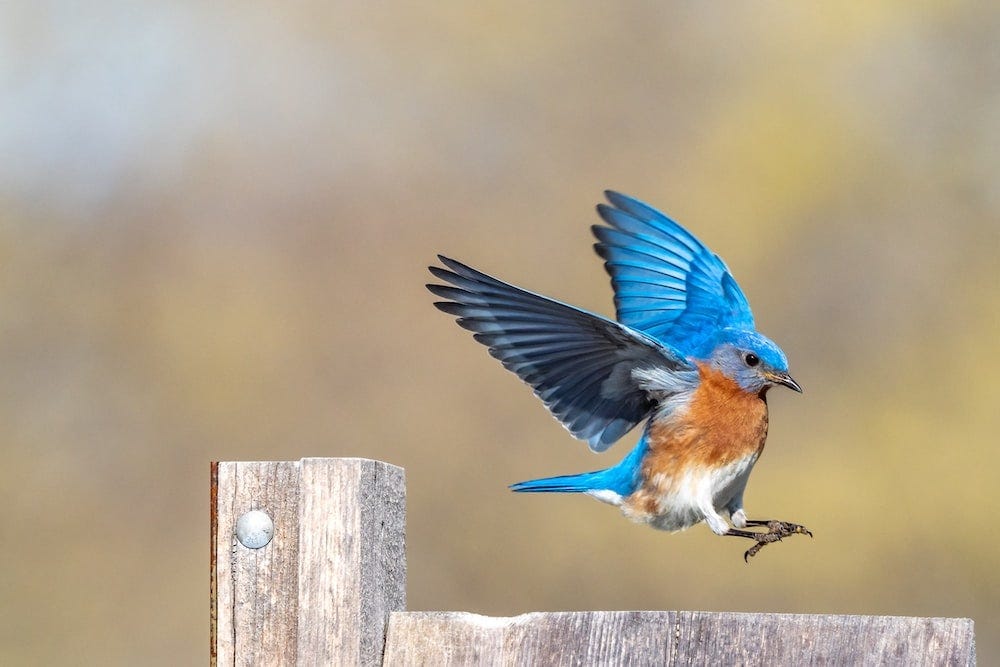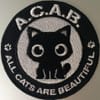This App We Must Leave
(Apologies to Jacques Camatte)

If you’re reading this, it’s almost certainly because you followed me here from my Twitter account, Vicky_ACAB, now defunct. I used the finalizing of the Musk acquisition of the bird site as as good a reason as any to leave (for a second time) this place of our great political and social dysfunction. And like a memoirist leaving NYC after getting tired of pretending to be a prole, I’m writing some thoughts on why I left Twitter on my way out.
For those of you not ancient (in movement terms, anyway, which is to say, in your mid 30s), you may not remember that Twitter was poised to die once before, in 2015-until Trump used it to become president. For four years, Twitter felt like the only place to get news, which was breaking, and being broken, on the site. Trump, the first president who moved fully at the speed of the 24hour news cycle, produced so many outrages, and buried each previous provocation with another, that it felt for a time that Twitter was the only place you could actually monitor America embracing fascism, and the fight against it.
I myself had been off of twitter for a number of years, from 2015-19 I think, before the constant fascist driven fight or flight, combined with anxiety about my book release, required some kind of outlet and lead me back to the site. But it’s been at least a decade since I found it to be an actually useful place for learning about struggles around the world, nevermind feeling like it had some actual democratic/power from below promise connecting international struggles.
It’s not just musk, or the nazis, or their more long-standing left counterparts the tankies (who, in 2013-14, used Twitter to effectively destroy Anglophone solidarity with the Syrian revolution as it drowned in blood, like some kind of “again as farce” repetition of the Stalinist destruction of the international struggle in the Spanish Civil War—one of my reasons for leaving the first time). All these people discovered that intense anger, chaotic insults, the aesthetics of expertise, constant dunks and never ever EVER logging off was the way to dominate the site.
But those reactionary social groupings emerged elsewhere as well, on other social media sites and in other social spaces. They were particularly successful on Twitter—to the point of producing the poster’s president—because of the algorithmic work, corporate policy and technological forms of Twitter, things that also guaranteed those groups would be more lasting than any kind of public commons. The introduction of the quote tweet was probably the death knell for anything like kindness or real debate on the site, and the extension of tweets to 280 characters didn’t help the news sharing side of Twitter either.
By the time Twitter was drowning in conspiracy theories and fake news it had already long stopped being anything but what it is today—a place of decent jokes where de-funded newsrooms source their stories, celebrities and titans of industry bathe themselves in love, awe or controversy, as is their preference, politicians and grifters attempt to disrupt, destabilize or coopt forms of solidarity and organizing, states propagate disinfo and workers in the various entertainment and tech industries attempt to transform social capital into a little bit of actual capital.
Somewhere in there, people engaged in struggle are meeting each other and planning together, communities are practicing mutual aid and people are making friends, though it’s increasingly hard to do under the weight of all the grifts. But I also think it has been helpful in small ways at getting news, communication, theory and ideas out there, especially beyond the urban conclaves of radicalism, and I’ve also met a few friends and comrades through the site, and for that I am deeply grateful. In the end, however, mostly I produced (largely fictive and unsustainable) wealth for Twitter dot com in exchange for short sharp bursts of dopamine.
My anxiety about closing my Twitter account has also been fairly intense. Will I do damage to my (barely-minimum-wage producing) writing career? My 17,000 follower count on Twitter is the biggest external social sign I have of my legitimacy as a writer and thinker.
I walk around the world thinking: am I famous? This is deeply shameful to admit, and I hope in doing so I purge some of the weird guilt and political unease these thoughts give me, but I find myself even now thinking of enemies (many imagined, some I only learn I have second hand or from entering spaces I didn’t realize are parasocially hostile to me, almost all of whom I made on Twitter) quoting this, sneering at this. Part of the draw of Twitter is getting strangers to reenforce internalized self-hatred, which is part of what makes it such a good platform for reactionaries, authoritarian lefties and marketers looking to hone their craft. One of the things we like about Twitter is how much we hate it, how much it helps us hate ourselves. A feeling of being looked at, constantly surveilled, but submitting to that surveillance as opportunity, possibility, pleasure, punishment, struggle, career, legitimacy…
Imagine a social media site without numbers. No follower counts. No shares, likes or reply counters. (No ratio’ing). Without the numeric competition producing pseudo-hierarchies, pseudo-newsiness and pseudo-celebrity, the site would crumble in a week. Not necessarily because people wouldn’t like it, but because it would be impossible to monetize, because it wouldn’t use the marketplace of likes and clicks to reinforce existing power or seem to create, from within the crowd, social media celebs who you too could aspire to someday, even if their celebrity mostly functions to legitimate and reenforce the “usefulness” of the app.
Computers are good at counting. They represent the deepening victory of the quantitative over the qualitative, the total ascension of the image over everything (shoutouts to Debord, he really would’ve hated Twitter, and been a really good shitposter). I should like to live a little less intensely within the image. I should like to be a little less alienated in my daily life, and to be less delusional about my own place in the world. The only thing to do is to start…
